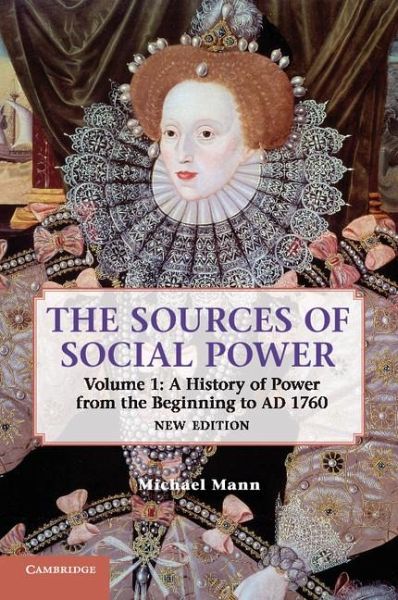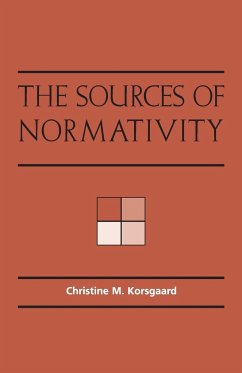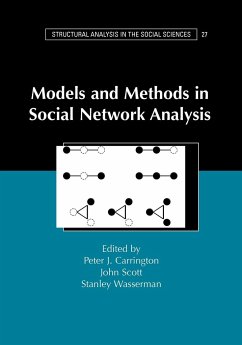
The Sources of Social Power
Versandkostenfrei!
Versandfertig in 1-2 Wochen
46,99 €
inkl. MwSt.
Weitere Ausgaben:

PAYBACK Punkte
23 °P sammeln!
Distinguishing four sources of power in human societies â ideological, economic, military and political â The Sources of Social Power traces their interrelations throughout human history. In this first volume, Michael Mann examines interrelations between these elements from neolithic times up to just before the Industrial Revolution in England.














